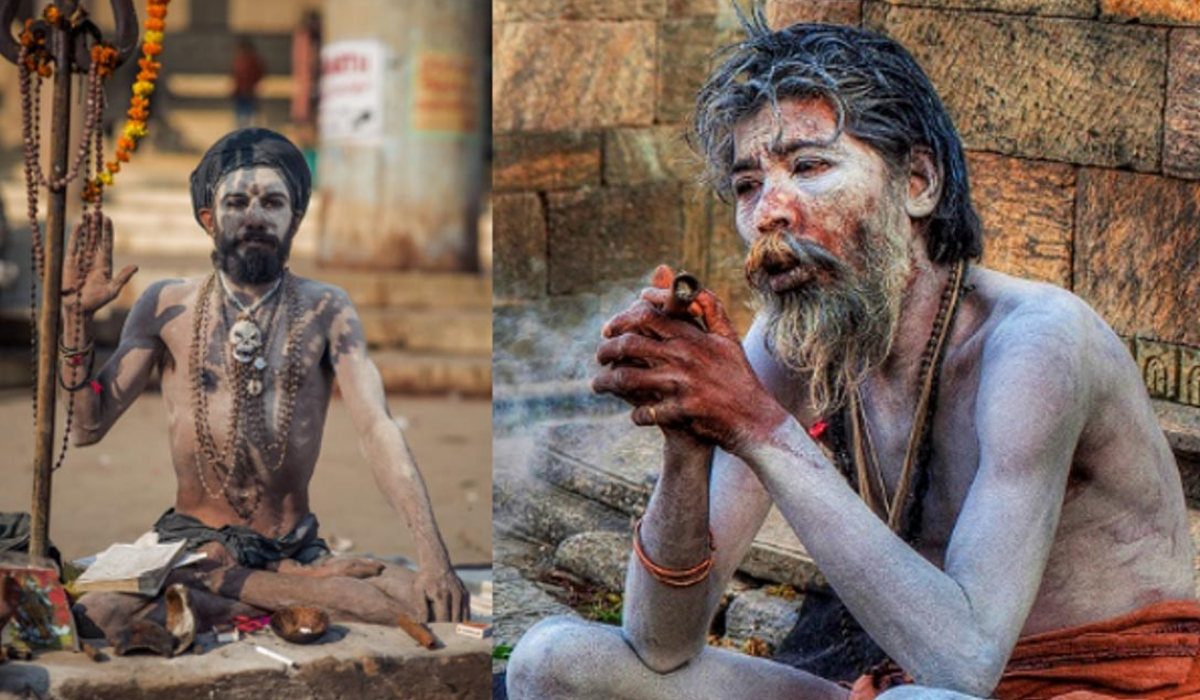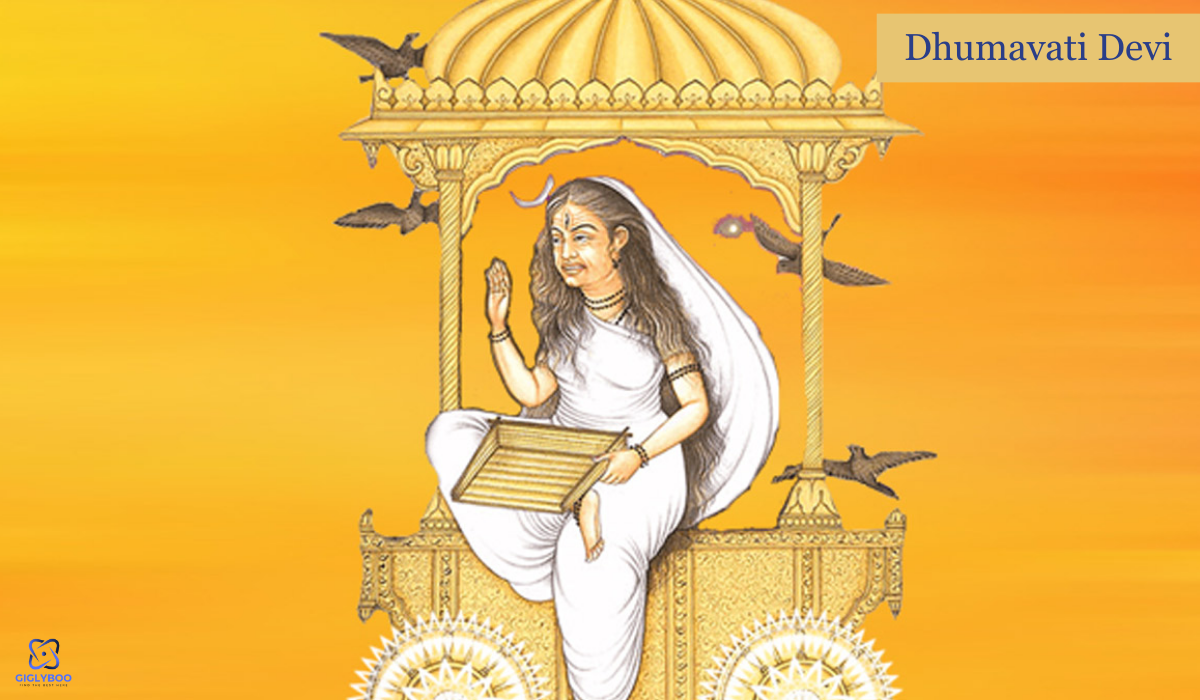
The mystical realm of spirituality often leads us to encounter various sects and practices that challenge our conventional understanding of faith of Aghoris. One such group that has captivated the curiosity of many is the Aghoris, ascetic individuals who follow a unique path in Hinduism. This blog aims to delve into the enigmatic world of Aghoris, exploring their beliefs, practices, and dispelling common misconceptions surrounding their rituals, including the controversial consumption of human flesh and feces.
Who are Aghoris?
Aghoris are ascetic Hindu sadhus (holy men) who are devoted to the deity Shiva. They follow the Aghora tradition, a sect that traces its roots back to ancient Vedic and tantric practices. The term “Aghori” is derived from the Sanskrit word “Aghora,” which means “not terrible” or “non-fearful.” Despite their association with macabre rituals, Aghoris consider everything as a manifestation of the divine, and their path is driven by the pursuit of spiritual enlightenment and the transcendence of dualities.

Beliefs and Practices
Non-dualism (Advaita)
Aghoris embrace the philosophy of Advaita, which asserts the oneness of the individual soul (atman) with the supreme reality (Brahman). They believe in transcending societal and religious boundaries to achieve a profound understanding of the interconnectedness of all living beings.
Tapasya (Austere Practices)
Aghoris engage in rigorous spiritual practices, including meditation, asceticism, and yoga, to attain spiritual awakening. They live in cremation grounds, meditate on corpses, and perform rituals to conquer fear and attachments.
Tantra and Mantra
Aghoris incorporate elements of tantra and mantra into their rituals. Tantra involves harnessing cosmic energies to attain spiritual power, while mantras are sacred chants used to invoke divine energies. Aghoris believe in channeling these energies for spiritual growth.

Addressing the Controversies
Consumption of Human Flesh:
One of the most sensationalized aspects of Aghori practices is their alleged consumption of human flesh. However, it’s crucial to clarify that not all Aghoris engage in this practice. Those who do believe that by consuming the remains of the dead, they are breaking down the barriers between life and death, symbolizing the unity of all things. This act is ritualistic and not for sustenance.
Fecal Rituals
Similarly, the notion of Aghoris eating feces is a misrepresentation. Aghoris may use feces symbolically in certain rituals, emphasizing the acceptance of all aspects of life, including the impure and mundane. It is not a literal act of consuming feces for sustenance but rather a metaphorical practice.
Misunderstood Symbolism
To understand Aghori practices, it is essential to recognize the symbolic nature of their rituals. The consumption of seemingly taboo substances is a symbolic gesture aimed at challenging societal norms and transcending the dualities of purity and impurity. Aghoris believe that by embracing and transcending these dualities, they can attain a higher state of consciousness.

Conclusion
In conclusion, Aghoris are not practitioners of dark magic or malevolent forces, as popularly depicted in media and folklore. Their practices, while unconventional and challenging to comprehend, are rooted in a profound spiritual philosophy that seeks to break free from societal conditioning and attain a higher understanding of existence. By demystifying the misconceptions surrounding Aghoris, we can foster a more nuanced and respectful appreciation of the diverse spiritual traditions that contribute to the rich tapestry of Hinduism.
Stay with Giglyboo! Keep supporting.






